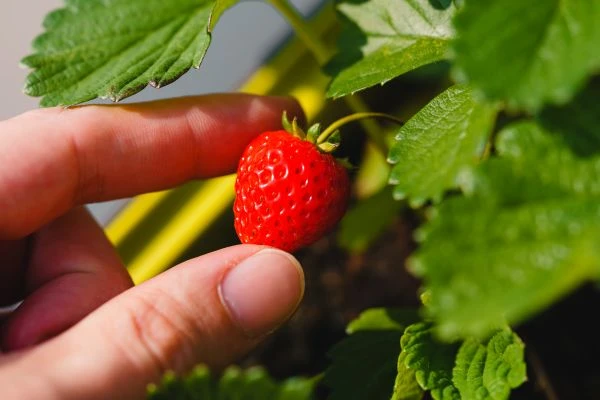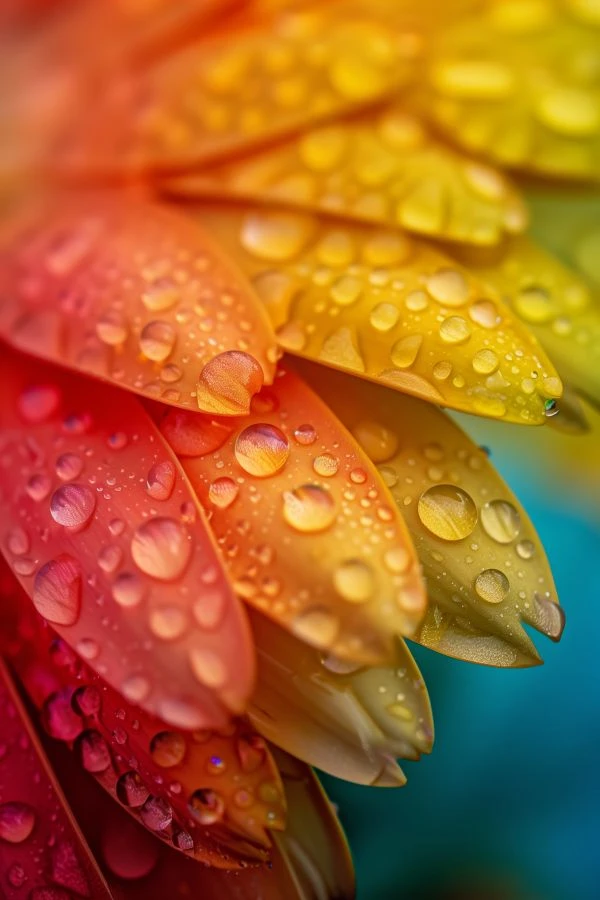The Enchanting Journey of Coffee: A Reflection on Its Global Impact and Cultural Significance
When we trace the aromatic trails of coffee through history, we uncover more than just a beverage—it's a global phenomenon that has shaped economies, sparked revolutions, and created rituals across civilizations. Coffee: The Story takes readers on an extraordinary voyage from Ethiopian highlands to modern-day specialty cafes, revealing how this humble bean became humanity's most cherished social lubricant.
The Ethiopian Origins: Where Coffee's Magic Began
Legend credits Kaldi, an observant goat herder, with discovering coffee's energizing properties when his flock danced after eating red berries. This mythical origin story sets the tone for coffee's transformative journey. Archaeological evidence confirms coffee cultivation in Ethiopia's Kaffa region as early as the 9th century, where Sufi monks first brewed it to sustain nighttime prayers. The book beautifully captures how coffee spread through Islamic scholarly networks, becoming known as "qahwa"—the wine of Islam that stimulated both body and intellect.

From Sacred Ritual to Social Catalyst
What makes Coffee: The Story particularly compelling is its exploration of coffeehouses as incubators of Enlightenment thinking. Seventeenth-century London's "penny universities" and Parisian cafés hosted Voltaire and Rousseau debating over cups of this "black broth." The book vividly describes how these establishments became Europe's first democratic spaces where class barriers dissolved amid coffee-fueled conversations about philosophy, science, and politics.

Colonialism and Commodification: Coffee's Dark Chapter
The narrative takes a sobering turn examining coffee's role in colonial exploitation. Plantation systems in Java, Brazil, and Central America relied on slave labor and indentured workers to meet Europe's growing addiction. The book doesn't shy away from detailing how this "black gold" economy fueled brutal systems of oppression while creating fortunes for European traders. Particularly haunting are accounts of Haitian revolutionaries destroying coffee plantations as acts of resistance against French colonial rule.

Fair Trade and Ethical Awakening
Modern chapters offer hope, chronicling the specialty coffee movement's efforts to rectify historical injustices. Through direct trade relationships and sustainable farming initiatives, contemporary roasters are rewriting coffee's narrative. The book highlights Ethiopian cooperatives reclaiming control over their genetic heritage and Guatemalan farmers earning living wages through microlot auctions—proof that coffee can be both premium product and force for equity.
Third Wave Alchemy: When Coffee Became Art
The final sections celebrate coffee's renaissance as craft beverage, where baristas rival sommeliers in their precision. From Japanese siphon brewing to Australian flat white artistry, the book captures how global innovation has elevated coffee preparation to performance art. Particularly fascinating is the science behind flavor profiles—how altitude, soil chemistry, and processing methods create tasting notes ranging from blueberry to dark chocolate.
Reading Coffee: The Story leaves one marveling at how this singular bean intertwined with human civilization's greatest triumphs and tragedies. More than mere caffeine delivery system, coffee emerges as liquid history—a mirror reflecting our evolving values about community, commerce, and craftsmanship. Each sip connects us to centuries of tradition while fueling tomorrow's innovations in sustainable agriculture and culinary creativity.
 星球的博客
星球的博客



